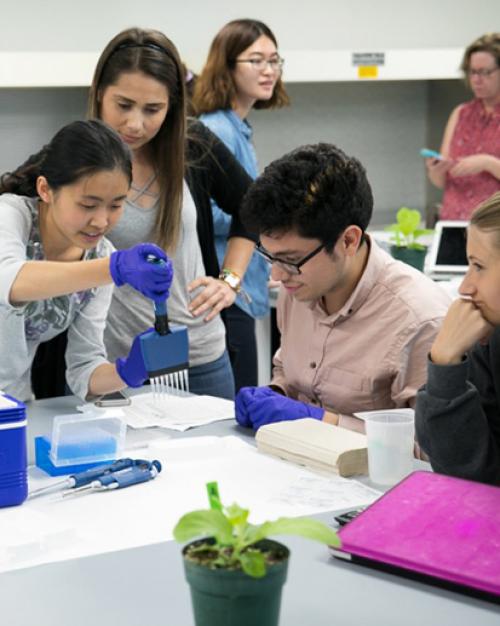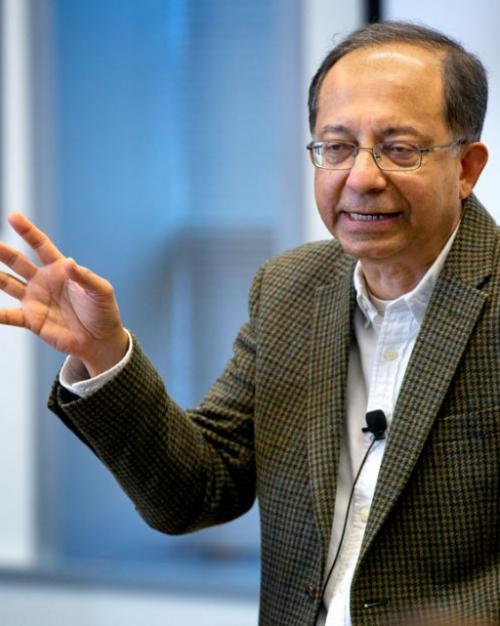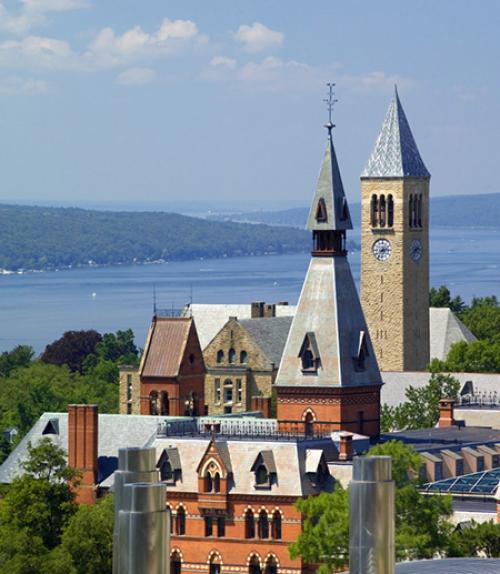Provost Michael Kotlikoff has announced the leaders of four faculty teams that will help implement major initiatives enhancing the social sciences at Cornell.
One committee will undertake the detailed design of a new Cornell School of Public Policy. The others will work to establish or expand multi-college “superdepartments” in the disciplines of economics, psychology and sociology.
Those new investments and structural changes represent “bold, transformational steps” that promise to elevate the university’s excellence and prominence in the social sciences, Kotlikoff said in a message to faculty after their February approval by the Cornell Board of Trustees.
Launching as soon as 2021, the public policy school will operate as a separate entity with its own dean reporting to the provost, and initially include faculty from the Department of Policy Analysis and Management (PAM) in the College of Human Ecology (CHE) and Department of Government in the College of Arts and Sciences (A&S).
Working with Kotlikoff, Deputy Provost John Siliciano and the relevant deans, the committee tasked with helping to form the school will be co-chaired by Maria Fitzpatrick, professor of policy analysis and management and director of the Cornell Institute for Public Affairs; and Thomas Pepinsky, Tisch University Professor of Government.
Additional committee members include Peter Enns, professor of government; Laura Tach, associate professor of policy analysis and management; Jamila Michener, associate professor of government; and Sean Nicholson, professor of policy analysis and management and director of the Sloan Program in Health Administration.
Three more committees will help organize the following superdepartments by the spring of 2021:
• Economics: Scholars from PAM will join an existing superdepartment comprising economists from A&S and the ILR School. Committee co-chairs are Michael Lovenheim, professor of policy analysis and management, and the Donald C. Opatrny ’74 Chair of the Department of Economics; Ted O’Donoghue, the Zubrow Professor of Economics; and Douglas Miller, professor of policy analysis and management.
• Psychology: Faculty from A&S will team up with scholars from the Department of Human Development in CHE to form a new Department of Psychology. Committee co-chairs are Tom Gilovich, the Irene Blecker Rosenfeld Professor and Chair of Psychology, and Marianella Casasola, professor of human development.
• Sociology: Sociologists from A&S and PAM will form a new Department of Sociology. Committee co-chairs are Kelly Musick, professor and PAM department chair, and Ben Cornwell, associate professor of sociology.
Kotlikoff said additional faculty trained in those disciplines from ILR, the College of Agriculture and Life Sciences, Cornell Law School and other relevant departments would be invited to join the superdepartments over time, and he promised investments over the next five years to enhance and balance the new departments.
The public policy school and superdepartment initiatives emerged from the provost’s review of the social sciences, which started in 2016 and involved multiple faculty committees. The process culminated in a final report submitted in January by the 11-person Social Sciences Implementation Committee, whose members included Cornwell, Fitzpatrick, Pepinsky, Siliciano and Tach.
The implementation committee strongly endorsed the three superdepartments as opportunities to encourage intellectual diversity and collaboration among faculty, to improve teaching and to enhance the excellence and visibility of scholarship that multiple reviews said was too fragmented across Cornell. It also noted a range of practical obstacles that needed to be addressed to ensure their success, including cultural differences, balancing areas of expertise, hiring and promotion policies and co-location. Despite those challenges, Kotlikoff concluded the superdepartments were essential to achieving “long-run excellence.”
The implementation committee also was charged with evaluating two proposed public policy entities – a school shared between A&S and CHE, or a refocusing of CHE. The public policy school now being planned was a compromise, providing the autonomy and resources that a committee majority felt was necessary while preserving CHE’s existing multidisciplinary identity.
Together, Kotlikoff said, the two initiatives “establish a bold vision for Cornell’s future” in the social sciences.
Read the story in the Cornell Chronicle.




